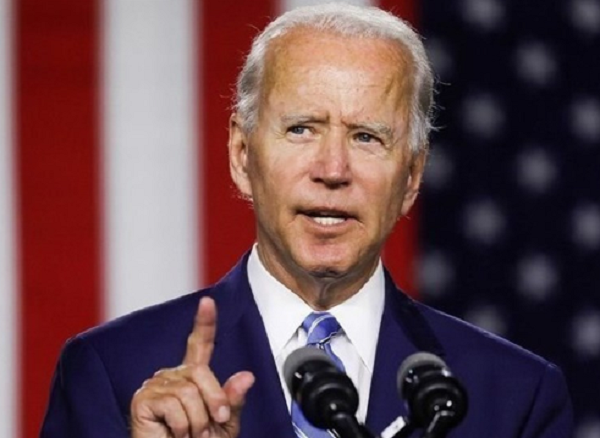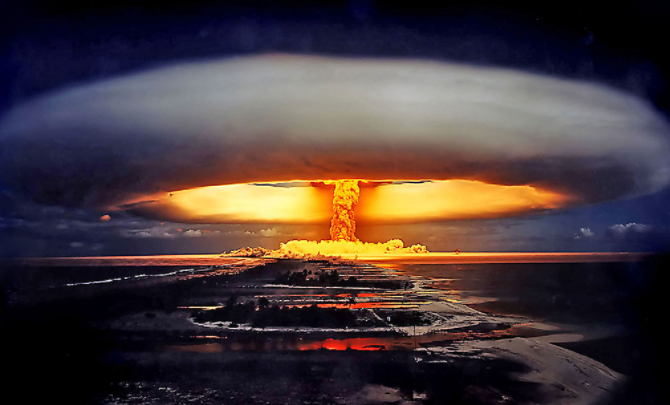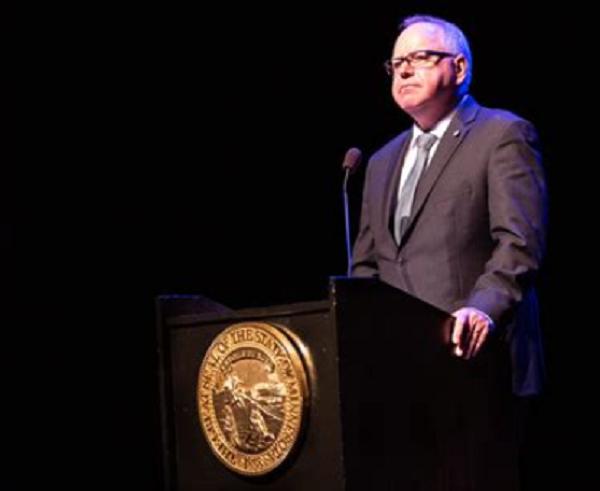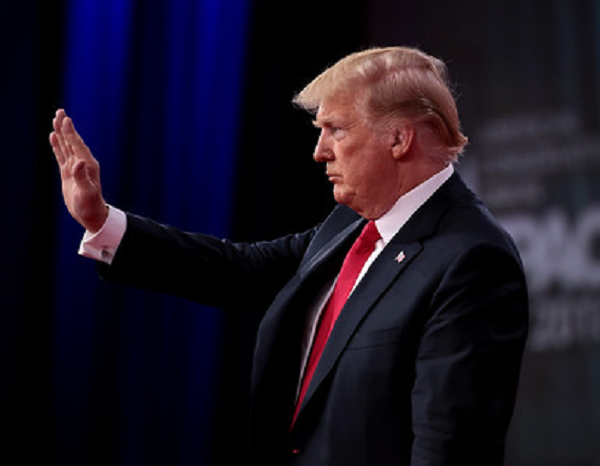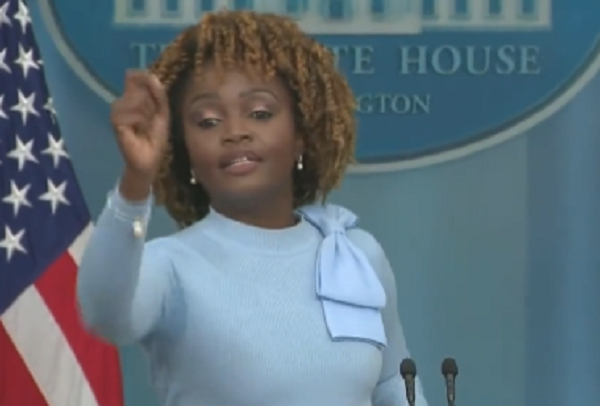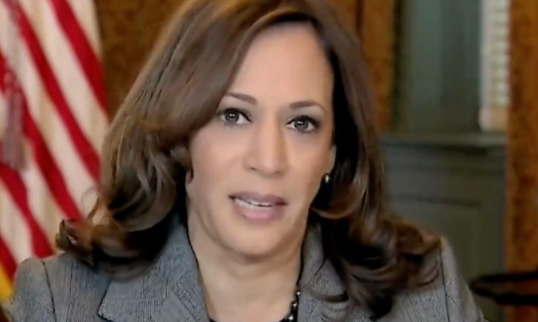An increasing number of African American voters are coming to the realization that Democrats do not prioritize their best interests, regardless of what liberal politicians may claim. This poses a challenge for President Joe Biden, who needs to find a way to appease black voters in order to secure their votes in the upcoming November elections. One potential strategy is to allow them to continue smoking menthol cigarettes.
To avoid further alienating black voters, the Biden administration may postpone the proposed ban on menthol cigarettes until after the 2024 election, as reported by the Washington Examiner. The Food and Drug Administration had initially proposed banning menthol cigarettes and flavored cigars two years ago, but has missed two deadlines for implementation.
The most recent deadline expired at the end of March. The FDA has been deliberating on a ban for over a decade, with all flavored cigarettes, except menthols, being prohibited in 2009, according to CNN.
Biden delays menthol ban amid 2024 concerns over black support https://t.co/Vsraqfa9db https://t.co/Vsraqfa9db
— Washington Examiner (@dcexaminer) April 5, 2024
The postponement of the menthol ban until after the election raises questions. This strategic move by Democrats may be an attempt to avoid upsetting black voters. Data from the Centers for Disease Control and Prevention shows that around 81 percent of adult black smokers used menthol cigarettes in 2020, and this percentage likely remains unchanged.
The ban on menthol cigarettes is a sensitive issue, as smokers can become highly agitated when deprived of their smokes. Any voters, regardless of race, who are already skeptical of the Biden administration may view this ban as the final straw. Pressure has been mounting on Biden to implement the ban, but the White House is concerned that it could alienate black voters. FDA Commissioner Robert Califf has been urging public health experts and allies to push for the ban, sensing a decline in Biden’s support for the proposal due to fears of losing black voter approval.
In the 2020 election, a significant 92 percent of black voters supported Biden. However, recent polls suggest a potential shift in support, with 22 percent of black voters in key battleground states indicating they would vote for former President Donald Trump in the next election.

